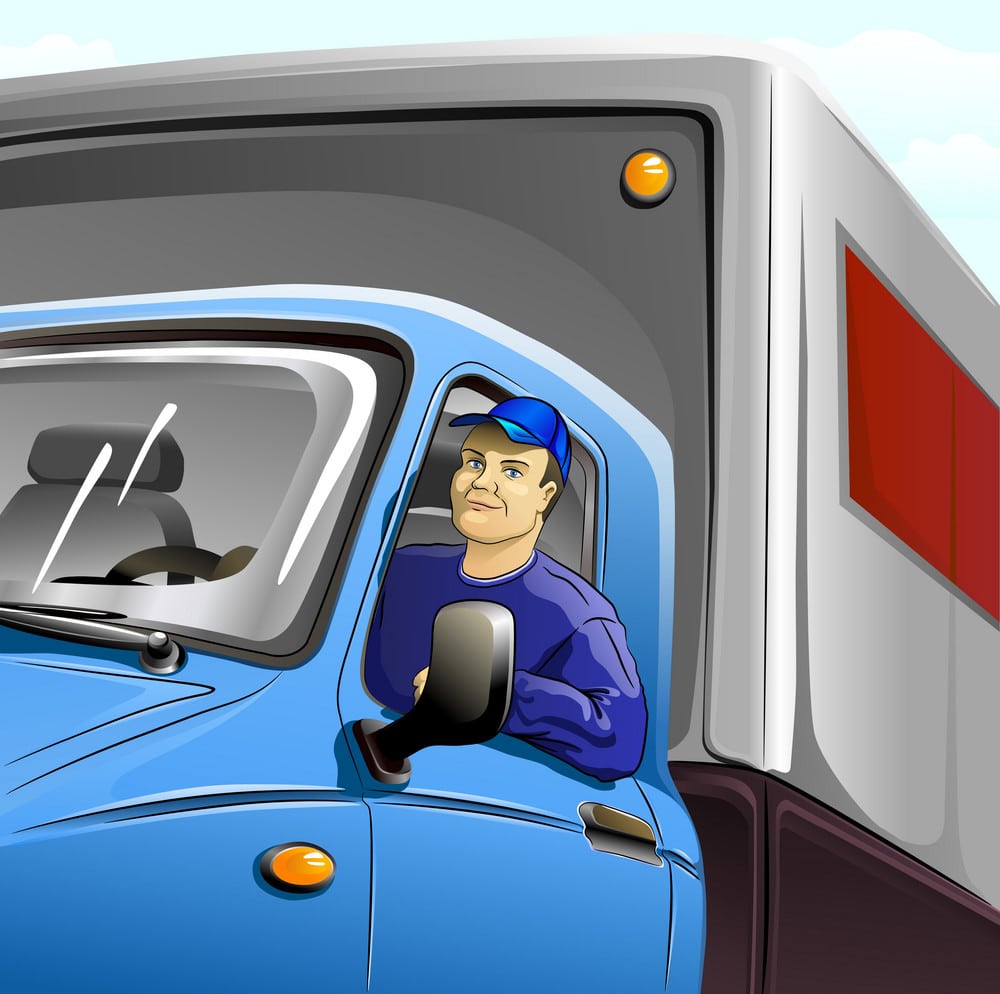Common Mistakes to Avoid During the RTA Heavy Vehicle Road Test
Here is a secret; the RTA heavy vehicle driving test is evaluated based on how many mistakes you make. Obviously, you’re more likely to fail the road test if you make more mistakes; although a single critical mistake could make you flunk the road test instantly.
So what should you do about it? It’s simple, just know the most common mistakes that most candidates make during the UAE heavy vehicle road test so you can avoid them.
In this article, we’ll tell you some of the most common mistakes you should avoid during the UAE driving test. Let’s get started!
Not Preparing Yourself for the Pre-inspection
Before you start the road test, you must demonstrate to your examiner that you’re familiar with your truck. However, keep in mind that you can’t just guess your way through the pre-inspection since you will be asked a lot of questions about your truck’s load, height, tire pressure, fuel system, and dual wheels spacing.
The examiner will also ask you to check your fluid levels, electrical system, emergency equipment, driver’s controls, and hydraulic or air brakes. Don’t forget, you should know how to couple and uncouple your trailer or semi-trailer.
Let’s just put it this way; if you don’t know your way around your truck or which part does what, you could fail the road test before you start.

Not Doing Proper Observations
Driving a heavy vehicle requires more attention on the road than a regular car. This is because there are more blind spots around your truck when you’re driving. However, you can quickly glance at your mirrors and do shoulder checks in all directions to spot other cars or obstructions around your zone.
It goes without saying that if you don’t make proper observations before making a turn or changing lanes, you will get an automatic fail. Besides that, if you hit the curb or cause a crash because you were inattentive, the examiner will stop the driving test immediately.
Know How to Stop or Slow Down
One of the most common mistakes that candidates make during the road test is not slowing down or stopping on time. It sounds obvious but a heavy vehicle takes longer to slow down or stop than a regular car. That means you should think ahead of your next move in 12 or 15 seconds in advance, especially if you want to slow down or stop.
Remember that if you don’t come to a complete stop at a red light or stop sign, you will fail the test. Similarly, if you brake hard at a red light or stop sign, you could get disqualified.
Improper Reverse Procedure
If you don’t reverse properly or take too long to back up, you could fail the road test. A good rule of thumb is to make sure to reverse slowly so you can correct your steering errors or avoid hitting anything. It’s also easier to reverse by turning on the driver’s side since you get a better mirror angle than on the passenger side. If you’re having trouble seeing what is behind you, it’s okay to step out of the truck and do a quick inspection before you reverse.
Following Cars Too Closely
Since a heavy vehicle takes longer than a regular car to stop, you could fail the road test if you follow the vehicle in front of you too closely. However, the safe distance should be determined by your speed.
For instance, if you’re speeding at 100 km/h, you should maintain a safe distance of at least 7 or 8 seconds between your truck and the vehicle in front. But if you’re speeding at 75 km/h, the vehicle in front of you should be at least 5 or 6 seconds away. The only time you can keep 3 seconds distance is if you’re speeding at 25 km/h or less.
Getting Nervous
Believe it or not, most candidates fail the UAE driving test because they’re too nervous. The examiner will push you to the limit to see if you can handle the pressure that comes with driving a big rig.
Will you panic and hit the brakes too hard when it’s unnecessary? Or will you freeze and forget the examiner’s instructions? Whatever it is, if the examiner notices that you’re too nervous, you could fail the road test.
Nevertheless, it’s possible to calm down your nerves by getting enough sleep and avoiding too much caffeine during the road test. You could also practice taking a deep breath and re-affirming yourself when you start to panic. But if you have a disorder that is causing you to be extremely nervous, you can consult a doctor for a remedy or prescription.
Otherwise, if you make a mistake and the examiner doesn’t stop the road test, stay calm and continue driving like it’s no big deal without acting nervous.
